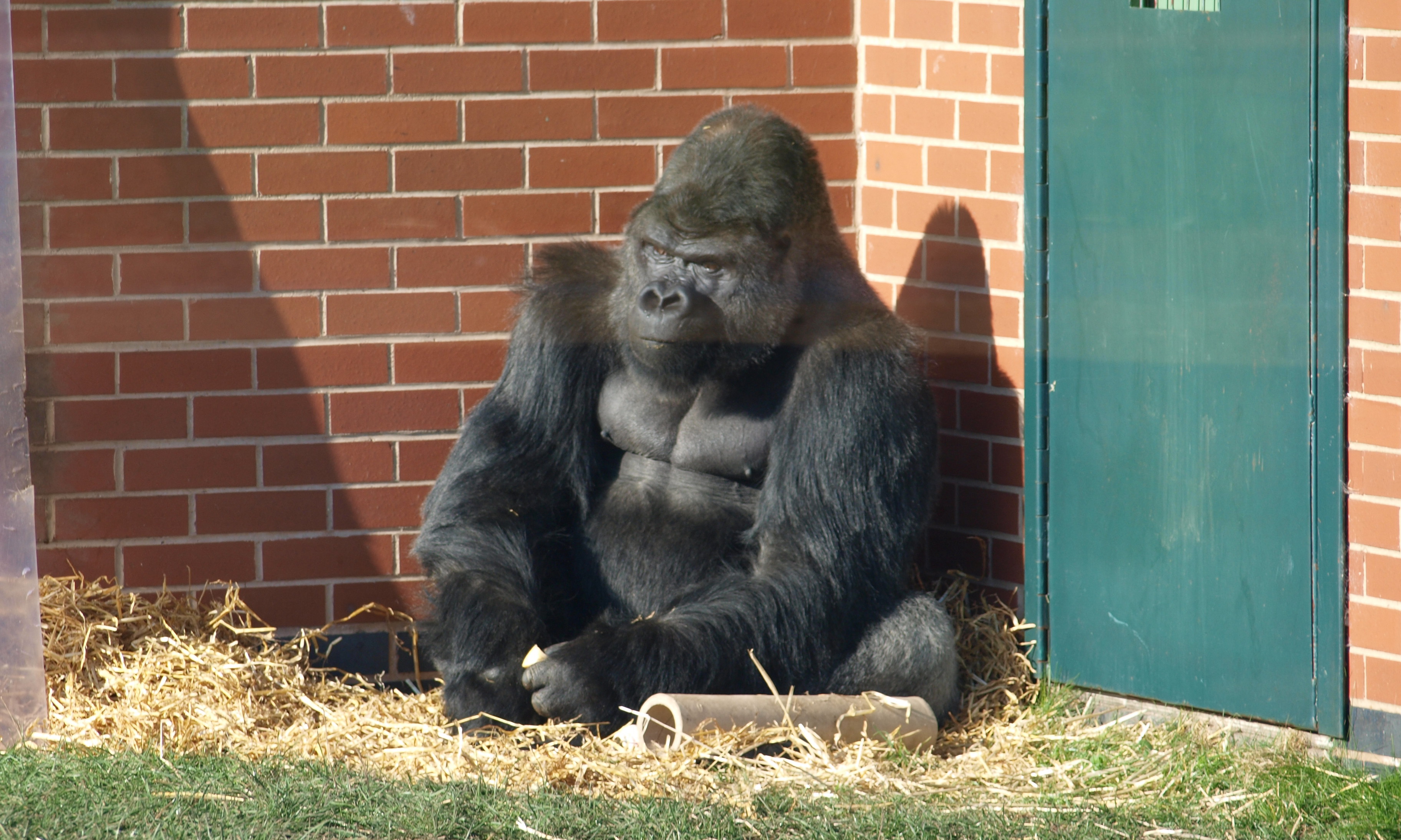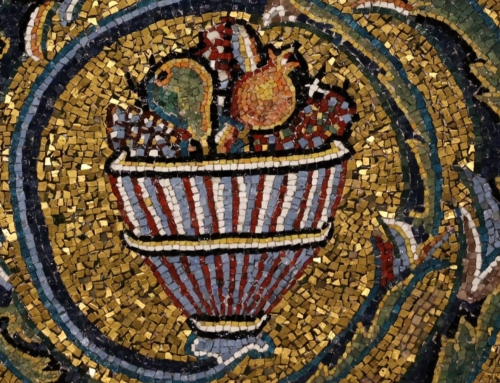Cha Cha the Chimp swinging from power lines in Japan, Harambe the Gorilla shot after dragging a child in his pen in Cincinnati . . . zoos have been news lately. Zoos have always made me uncomfortable, but it wasn’t until I became a Dominican that I think I can more clearly articulate why that is. Fundamentally, zoos intentionally prevent certain creatures from reaching their goal in life. They are prevented from doing what they were created to do.
A brief history
Although collections of exotic animals have been kept in royal menageries since ancient times to bolster royal vanity, the idea of the modern zoo arose in 19th-century England, when the word “zoo” first arose. This was the same time when industrialism was raging, and the commodification of creation (including the wisest of animals, man) was hitting full stride. This was also the age of the travelling human freak show.
The zoo is an example of this commodification and consumer society: something is brought to me for my consumption, with little regard for its welfare or the ordering of society.
Today, zoos have become more conscious of the good works of further research and conservation. Nevertheless, as the above mentioned primates remind us, good intentions have not changed the fact that these beasts have been severely limited for mere spectacle.
The purpose of animals
The question of purpose should be central for intellectual creatures. Why do things exist? All creation is relative compared to God, who is absolute. Highest in creation are angels and men. The latter were given a special task to steward creation, beasts, birds, and bushes.
St. Thomas has an interesting take on animals before the Fall. I had once thought that the words of the prophet Isaiah described the state of animals before man sinned. Lions got along with lambs, etc. However, this seems to be a more metaphorical, eschatological prophecy from Isaiah, not a physical analysis of brutes.
St. Thomas reasons convincingly that a lion who didn’t hunt prey is not truly a lion:
In the opinion of some, those animals which now are fierce and kill others, would, in that state, have been tame, not only in regard to man, but also in regard to other animals. But this is quite unreasonable. For the nature of animals was not changed by man’s sin, as if those whose nature now it is to devour the flesh of others, would then have lived on herbs, as the lion and falcon. (Summa Theologiae I.96.1.ad2)
Before and after the Fall, man is master and has dominion over the earth and the beasts. Damaged by sin however, this relationship has been given to excesses over the course of history. Zoos are an example of this excess: taking an animal into an enclosed environment and preventing him from thriving according to his nature for the sake of human curiosity.
Then Cardinal Ratzinger gave an interview in 2002 condemning the mistreatment of animals, identifying the excesses of the industrial age as a major source of the abuse of creation.
We can see that they are given into our care, that we cannot just do whatever we want with them. Animals, too, are God’s creatures. . . . Certainly, a sort of industrial use of creatures, so that geese are fed in such a way as to produce as large a liver as possible, or hens live so packed together that they become just caricatures of birds, this degrading of living creatures to a commodity seems to me in fact to contradict the relationship of mutuality that comes across in the Bible.
Animal “rights”?
The danger of making an argument against zoos is that it might easily fall into the general “animal rights” narrative, a movement that is often terribly misguided in argumentation. Because man is in the image of God, free and rational, and has been placed as steward of creation, it is up to his prudence how to use animals for his own good. For instance, legitimate farming of animals, humane use of beasts of burden, the use of furs and hides for clothing, and reasonable methods of hunting can all be legitimate ways that man uses animals for his good and the glory of God.
Nevertheless, when man tortures animals, the animal is indeed damaged, but the human even more so, and ultimately the structure of creation. By treating the animal with anything less than human prudence and care, the man becomes less like a man and more like the brute he mistreats.
By intentionally limiting the animal from achieving his end for the sake of simple curiosity—caged chimps prevented from swinging, lions prevented from hunting, sharks caged in glass— man dehumanizes himself and falls from curator of creation to exploiter. The occasional mishap which makes headlines merely highlights this fact.
As the Catechism states (quoted by Pope Francis in Laudato Si): “It is contrary to human dignity to cause animals to suffer or die needlessly. . . . One can love animals; one should not direct to them the affection due only to persons.” This is a good quote to remind us of the virtue of a care for animals that avoids excess.
Is this issue the most morally pressing today? Not even close. Yet it is good to check once in awhile to see if we are keeping up with our important calling to live in God’s image.
✠
Image: Nigel Swales, Twycross Zoo Gorilla (cropped, CC BY-SA 2.0)







